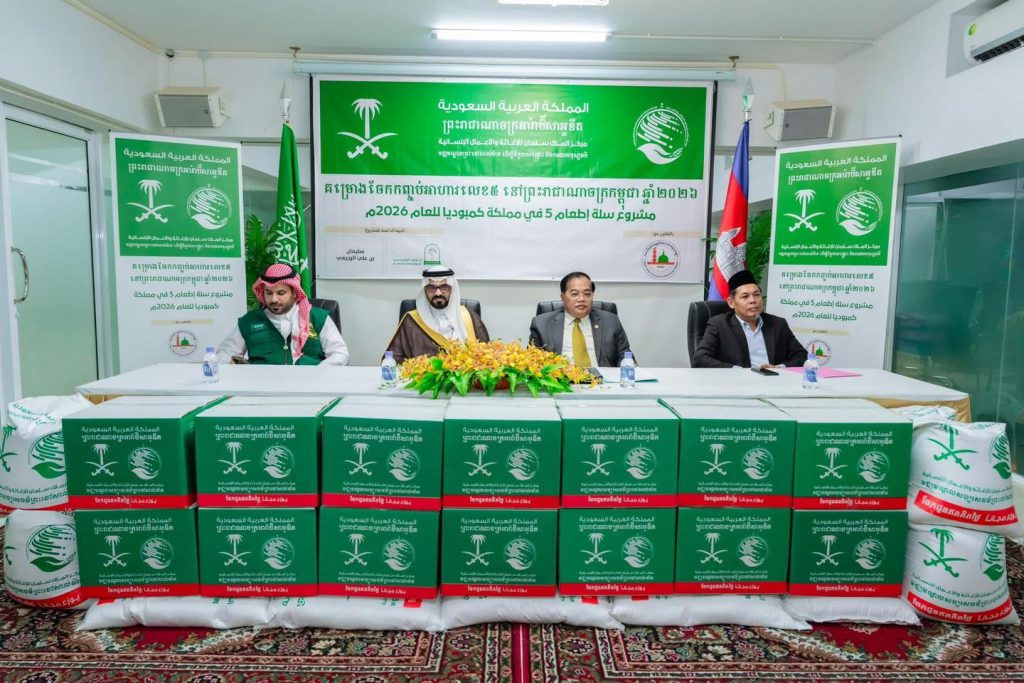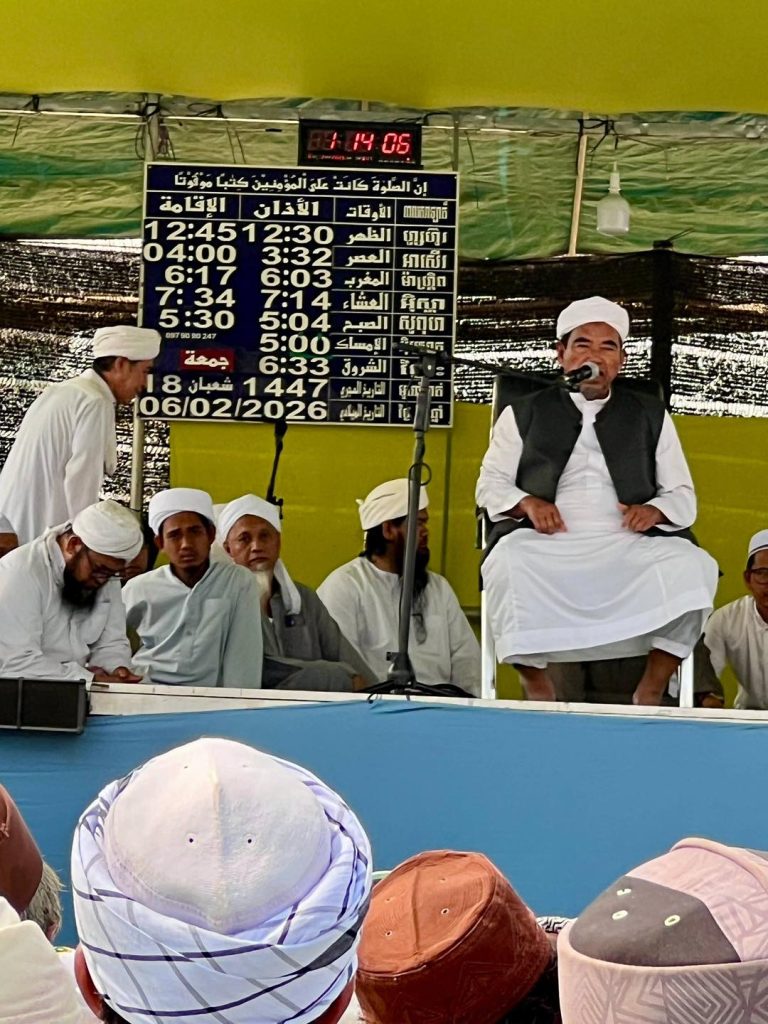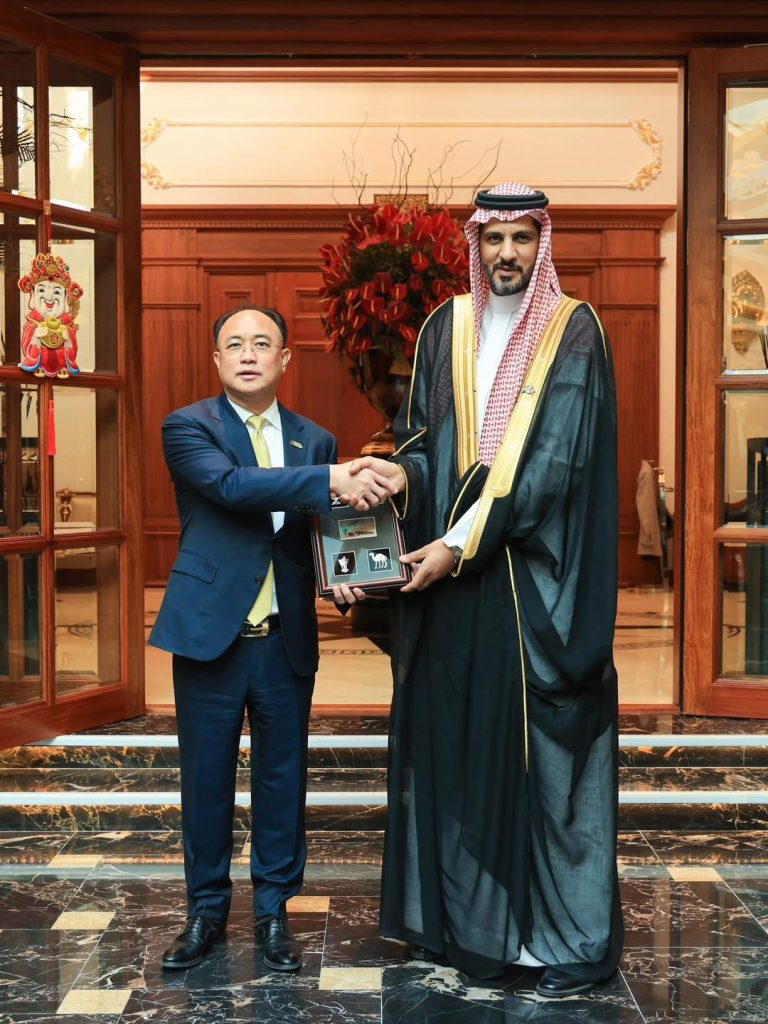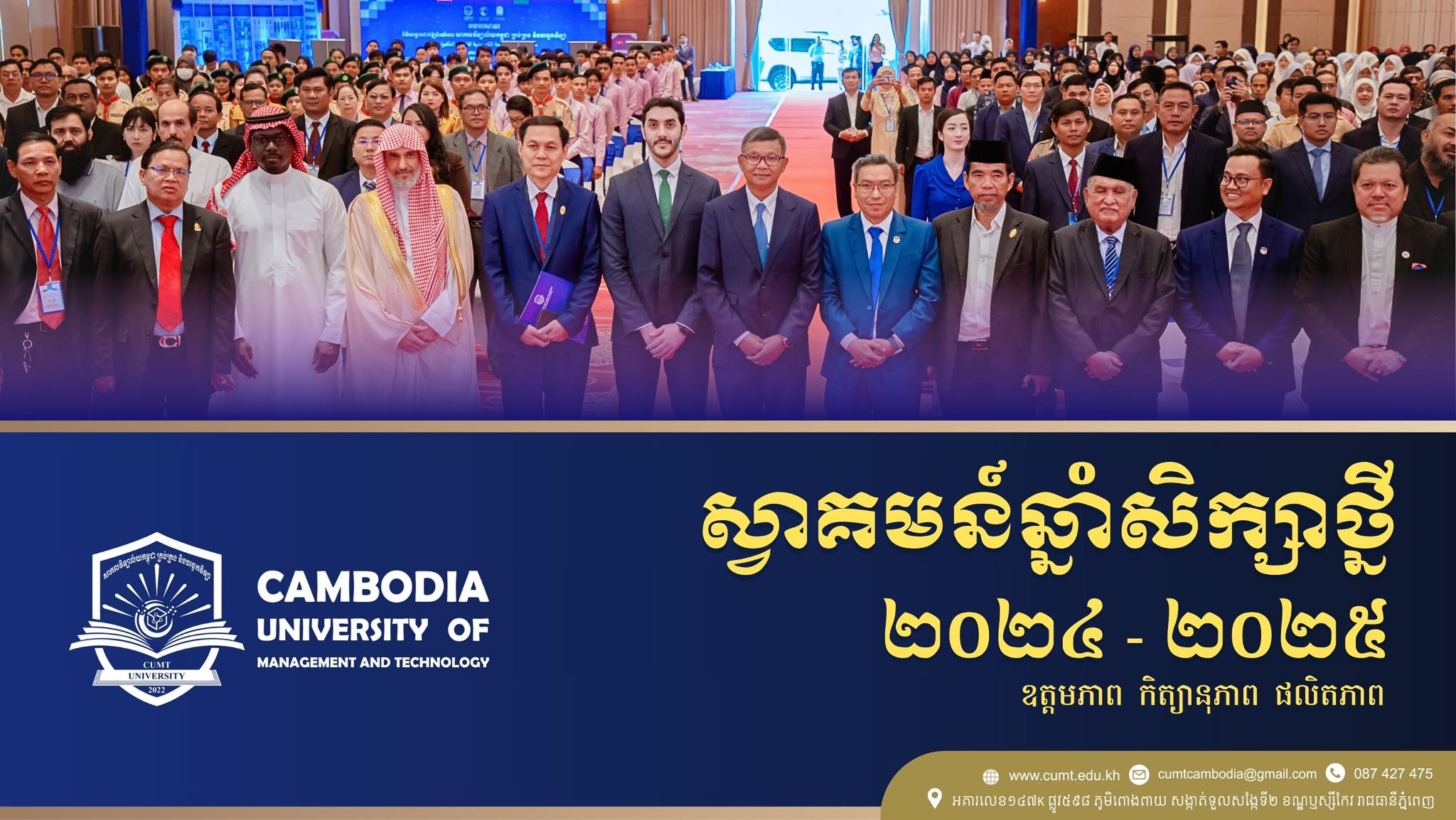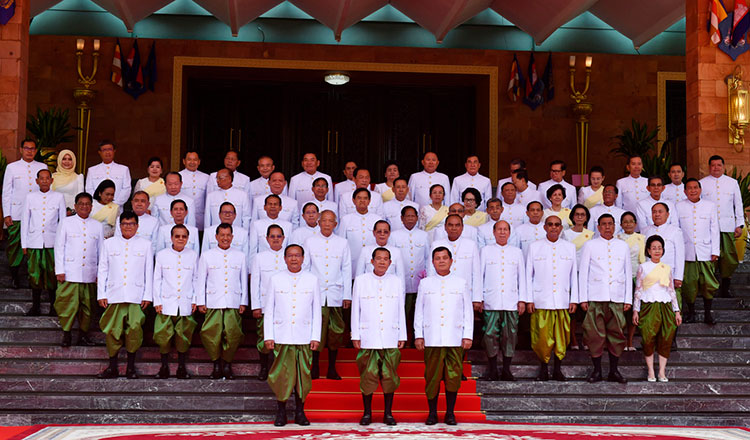
Senate moves towards international diplomacy


Under its new and robust leadership, the Senate has been actively engaged and is expected to assume a paramount role amidst a shift in policy towards international diplomacy.
In evaluating the performance of the new Senate, led by its President Hun Sen, it becomes apparent that the upper-house of parliament is poised to wield significant influence in international relations, aligning with the emphasis placed by the Cambodian People’s Party (CPP) under the new leadership’s initiative agenda.
In an interview with Khmer Times this week, CPP spokesman Sok Eysan confirmed that despite the legislative body’s predominantly ceremonial role, the Senate under new leadership is undergoing a shift by prioritising international diplomacy.
He mentioned the recent meeting between Mr Hun Sen and a number of top foreign dignitaries, including Laotian President Thongloun Sisoulith, who visited Cambodia on a state visit.
“The strategy of the new Senate has shifted. Samdech Techo Hun Sen, acting on behalf of the ruling party and as Senate president, is directly engaging with numerous foreign leaders,” he stated.
“Recently, during his official visit to Cambodia, Chinese Foreign Minister Wang Yi met with Samdech Hun Sen and pledged to further expand and strengthen bilateral relations, friendship, solidarity, and cooperation between Cambodia and China,” he added.
Eysan, who is also a Senator appointed by the National Assembly, stated that the new Senate leadership will adhere strictly to the principles of the Constitution while implementing new policies.
“The CPP is taking proactive steps, moving forward, not looking back,” he emphasised.

Speaking during the inaugural session of the Senate, opened by King Norodom Sihamoni early this month, Mr Hun Sen said the role of the Senate is also crucial in the development of international relations.
His statement is endorsed by the appointment of former Foreign Minister Prak Sokhonn and the highly experienced diplomat Ouch Borith as first and second Vice Presidents of the Senate, unanimously voted into their positions.
The new position allows Mr Hun Sen to serve as the acting head of state when the King is overseas.
Mr Hun Sen stepped down as Prime Minister in August last year after nearly four decades in power, passing the baton to his eldest son, Mr Hun Manet, following a landslide victory in the July 2023 National Election.
In the 5th Mandate, the Senate comprises 62 members, with the CPP holding 55 seats. Three members represent the opposition party, Khmer Will Party (KWP), while two are nominated by the National Assembly and two are nominated by the King.
Opposition Senator Kong Monika has expressed optimism that despite his party’s minority vote, KWP Senators would contribute to bringing about change in Cambodian society.
He stated that on behalf of the non-governmental parties participating in the Senate process, the KWP intends to collaborate smoothly and effectively with the CPP to safeguard the interests of the people, the electorate, and the nation.
“We asked the President of the Senate to open up the political space in Cambodia to better resolve the political stalemate in Cambodia. We work for the common good of the people and the electorate,” Monika said after a recent meeting with Mr Hun Sen.
Mr Hun Sen recently met with the three opposition Senators – Monika who is Secretary-General of KWP, Party President Sok Hach and Vice-President Seng Mardy.
However, according to Yang Peou, Secretary-General of the Royal Academy of Cambodia (RCA), despite the presence of three opposition members in the Senate, they are not anticipated to exert significant influence in the decision-making process.
In terms of promoting international diplomacy, the Senate can serve as a platform for fostering dialogue, cooperation, and collaboration with other nations.
By engaging in diplomatic exchanges, participating in international forums, and advocating for Cambodia’s interests on the global stage, the Senate can contribute significantly to advancing the country’s diplomatic relations and international standing.
Thong Mengdavid, a lecturer at the Institute for International Studies and Public Policy (IISPP) of the Royal University of Phnom Penh, remarked yesterday that Cambodia, like many other states, could fall prey to great power games if the Kingdom fails to adopt a clear and pragmatic foreign policy.
“Samdech Techo Hun Sen’s vision is to transform Cambodia to become a beacon of peace in the region and a diversity hub of cultures and people-to-people exchanges,” he said.
He pointed out that Mr Hun Sen is widely recognised as a “revisionist and reformist”, and under his leadership, the Senate’s role in promoting and advocating “Peace and Cooperation” with foreign countries would be enhanced and prioritised.
Mengdavid underscored that the current Senate is comprised of “energetic, enthusiastic, and experienced” senior leaders in the field of diplomacy, including former veteran diplomats Sokhonn and Borith.
International Relations Institute of Cambodia (IRIC) Director-General Kin Phea expressed his belief yesterday that under the new leadership, the Senate will undertake reforms to enhance its work mode and quality.
“I believe that the new Senate is taking on a more active and dynamic role, particularly in terms of enhancing the quality of legislative processes and oversight, as well as in monitoring its representation process,” he said.
“In my opinion, this Senate term may assume a more significant role in parliamentary diplomacy. We have already witnessed the visit of the President of Laos to Cambodia, during which discussions were held with Samdech Techo Hun Sen on various bilateral and regional issues,” he added.
According to Phea, this demonstrates the Senate’s energetic and lively engagement in parliamentary diplomacy. Additionally, during the first session of the Senate, emphasis was placed on the role of parliamentary diplomacy under its leadership.
“Parliamentary diplomacy will play a crucial role in implementing Cambodia’s foreign policy, as outlined in Article 53 of the Constitution,” he said.
The aforementioned Article underscores that the Kingdom adopts a policy of permanent neutrality and non-alignment. Cambodia follows a path of peaceful coexistence with its neighbours and all other nations worldwide.
Phea hopes this Senate will make significant contributions to addressing regional and international issues in alignment with these principles of peaceful coexistence and diplomacy.
“The leadership structure, including the first and second vice presidents and the chairpersons of the specialised commissions, is well-positioned to contribute to Cambodia’s foreign policy, parliamentary diplomacy, and the Senate’s involvement in regional and global matters,” he said.
Prior to the Senate Election, Eysan stated that the CPP had imposed an age limit on its candidates to 74 and bellow for the new term. The reform aimed to provide an opportunity for other senior officials from the party to serve the nation in the legislative body.
Although there is no official law that imposes an age limit on senatorial candidates, Eysan clarified that it was the party’s internal decision.
The decision led to the retirement of the then-Senate President Say Chhum, aged 78, as well as the First Vice-President Nay Pena, aged 75, and the Second Vice -President Tep Ngorn, aged 77.


